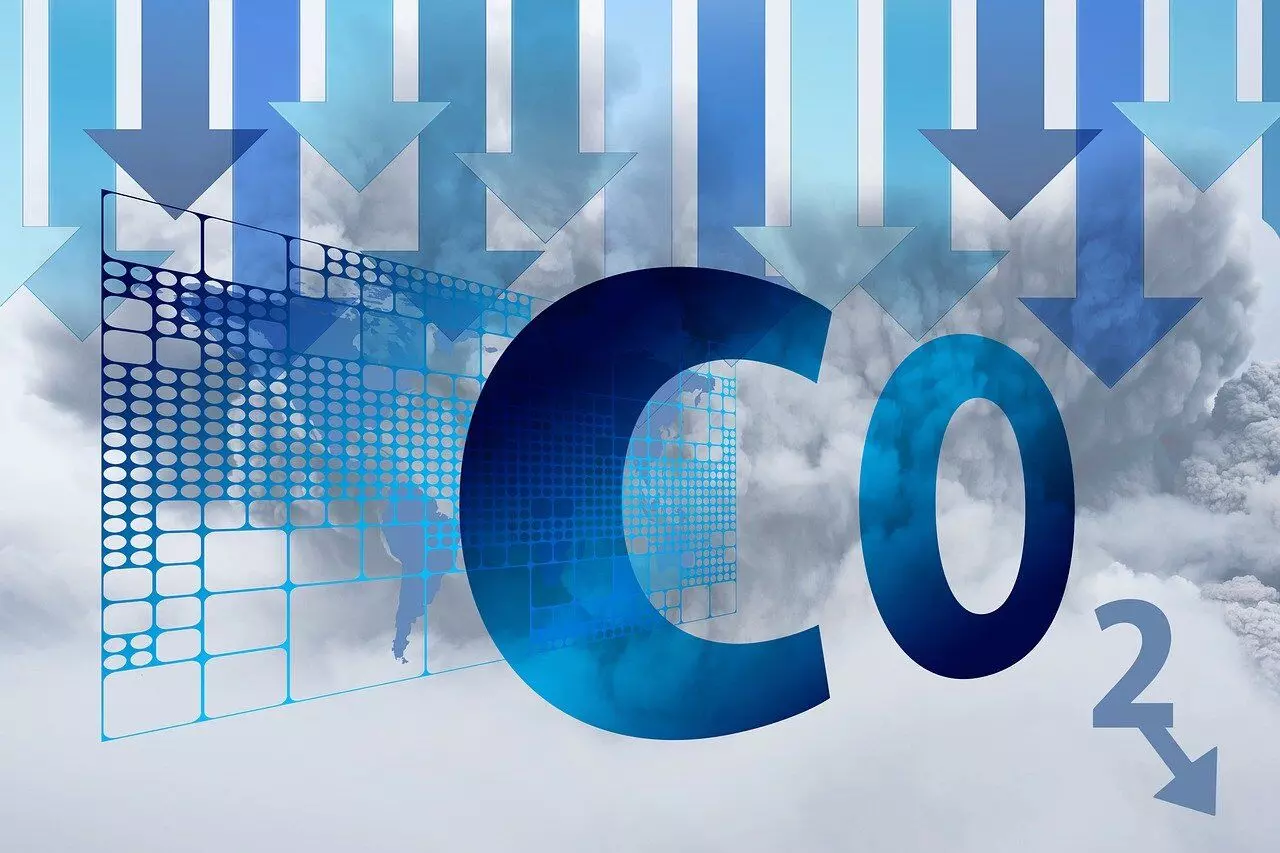An alarming surge

Regions across the world are trapped in immense heat. The average temperature during the summers has been constantly on the rise, making life an uneasy experience for individuals living in cities and villages alike. The prime reason for this paramount human suffering has been global warming — a phenomenon whose origins, ironically, can be traced back to human activities spanning over decades and centuries. The gas which has attracted profound notoriety for the persistent trapping of heat in the environment is CO2 — though it is not the only major contributor. Quite recently, the National Oceanic and Atmospheric Administration (NOAA) and the Scripps Institution of Oceanography released data, stating that the month of May this year registered a record rise in concentration of CO2 in the atmosphere over the previous year. It surged from 421 parts per million (PPM) in May 2022 to 424 PPM in May 2023. It is needless to say that owing to this surge in CO2 concentration, living beings on the land, including humans, are facing the heat in the literal sense of the term. While the plight of terrestrial beings is clearly evident, living organisms beneath the surface of seas and oceans remain no less affected. Oceans have a great affinity to absorb both heat and CO2. The absorption of excess CO2 in the ocean triggers ocean acidification — a process that hampers the ability of marine organisms, including corals and shellfish, to build and maintain their calcium carbonate shells and skeletons. Climate-induced imbalances in various ecosystems — terrestrial, marine and aerial — are interlinked with each other. These imbalances lead to degradation of biodiversity, loss of habitats, extinction of species etc., which can be said to be hostile to planetary existence in the long run. If these repercussions are a bit difficult for the common man to visualise, then we have clearer red flags in the form of a range of climatic disasters. Natural disasters resulting from the effects of global warming have reached the doorsteps of humans. NOAA Administrator Rick Spinrad highlighted, “every year, we see the impacts of climate change in the heat waves, droughts, flooding, wildfires and storms happening all around us”. His statement doesn’t come as a surprise for the billions whose lives and properties are being ravaged on account of the above-mentioned climatic aberrations. The impact of these climate-related adversities is not uniform; it increases as one goes down the socio-economic ladder. Underdeveloped countries face the heat more than the developed countries do. Furthermore, in poorer countries, those living at the margins face greater brunt than the well-off sections. For people belonging to low socio-economic category, there are biases including gender, caste and race. It is ironic that those contributing the least towards CO2 emissions, and resultant global warming, pay the highest price for the disasters that unfold. Despite an ever-increasing brouhaha on the global stage, climate inaction persists. The climate injustice that trickles down the hierarchy of socio-economic ladder is perhaps the greatest reason behind the inaction on this front. Representatives from across the world assemble during global climate meetings and agree conveniently on the obvious need to take actions to combat climate change. However, they have been unable to remove the hindrances and difference of opinions that would impede the entire process. The underlying reason is that combating CO2 pollution and climate change requires huge economic costs, which some are unable to provide and others are unwilling to. The developing and developed countries have been passing on the baton to each other, mutually, for decades — not realising in full sincerity that they are running out of time. However, there is a big difference behind the reasons for the inaction of the two factions. Developed nations and societies still have resources that can safeguard and comfort them to an extent, giving them a window for inaction. Underdeveloped nations and societies may not have that window, but they don’t have much scope for shifting to climate-friendly actions either. Does this mean that the clock is ticking faster for a particular faction, and slower for the other? Certainly not. Forces of nature can prove to be a great leveller, in a way that may not be desirable for anyone! Concerted and proportionate actions at the government and individual levels are needed to safeguard the future of planet Earth.



